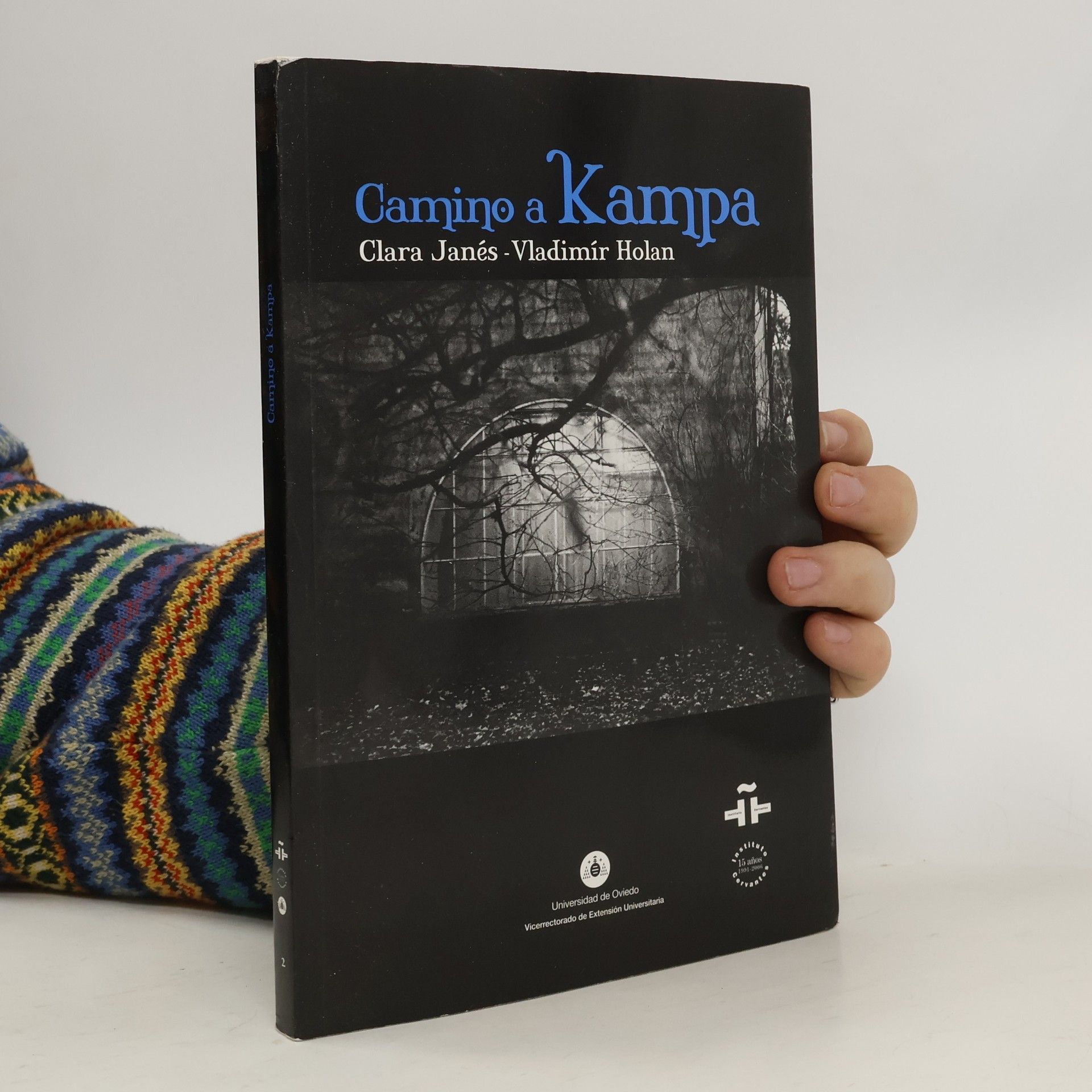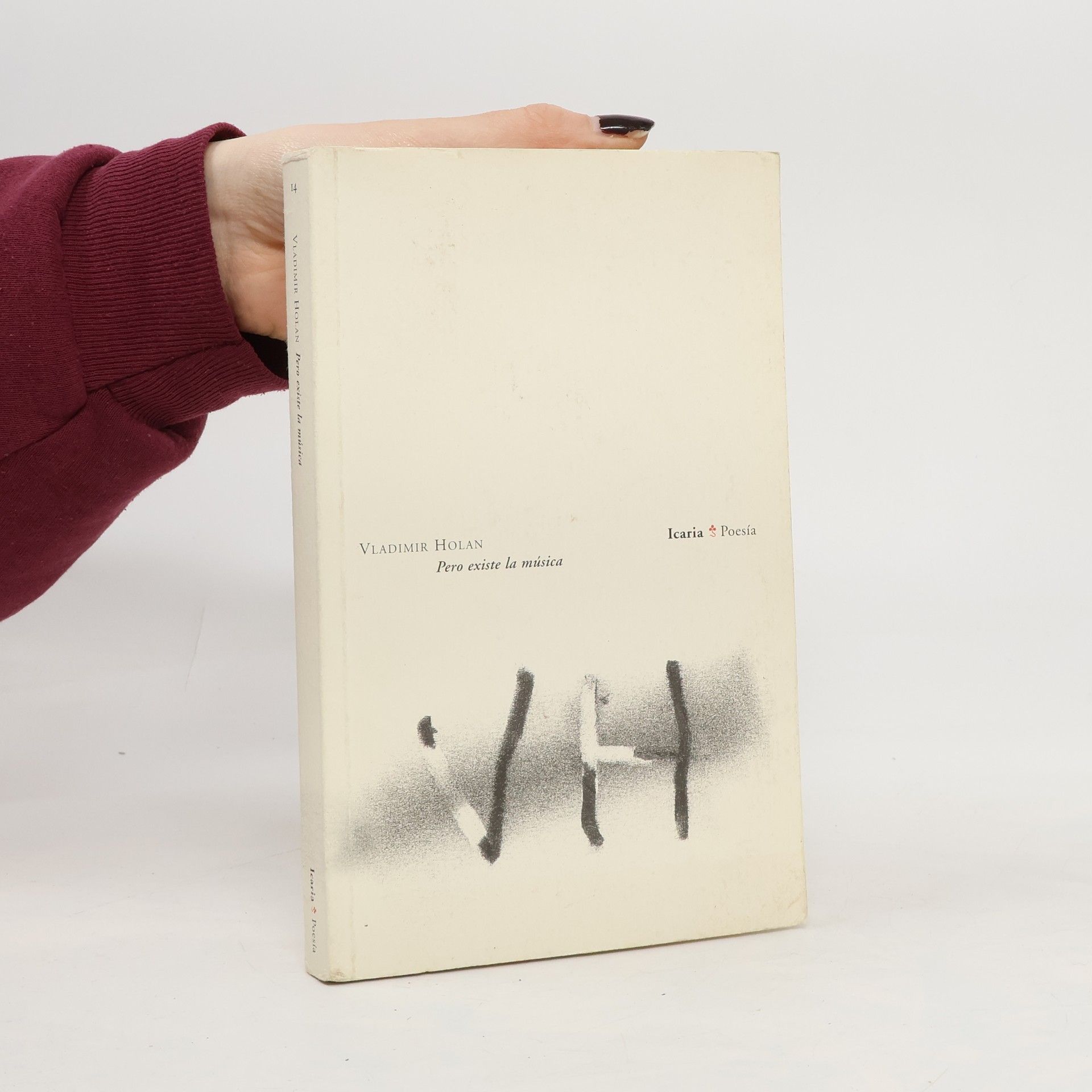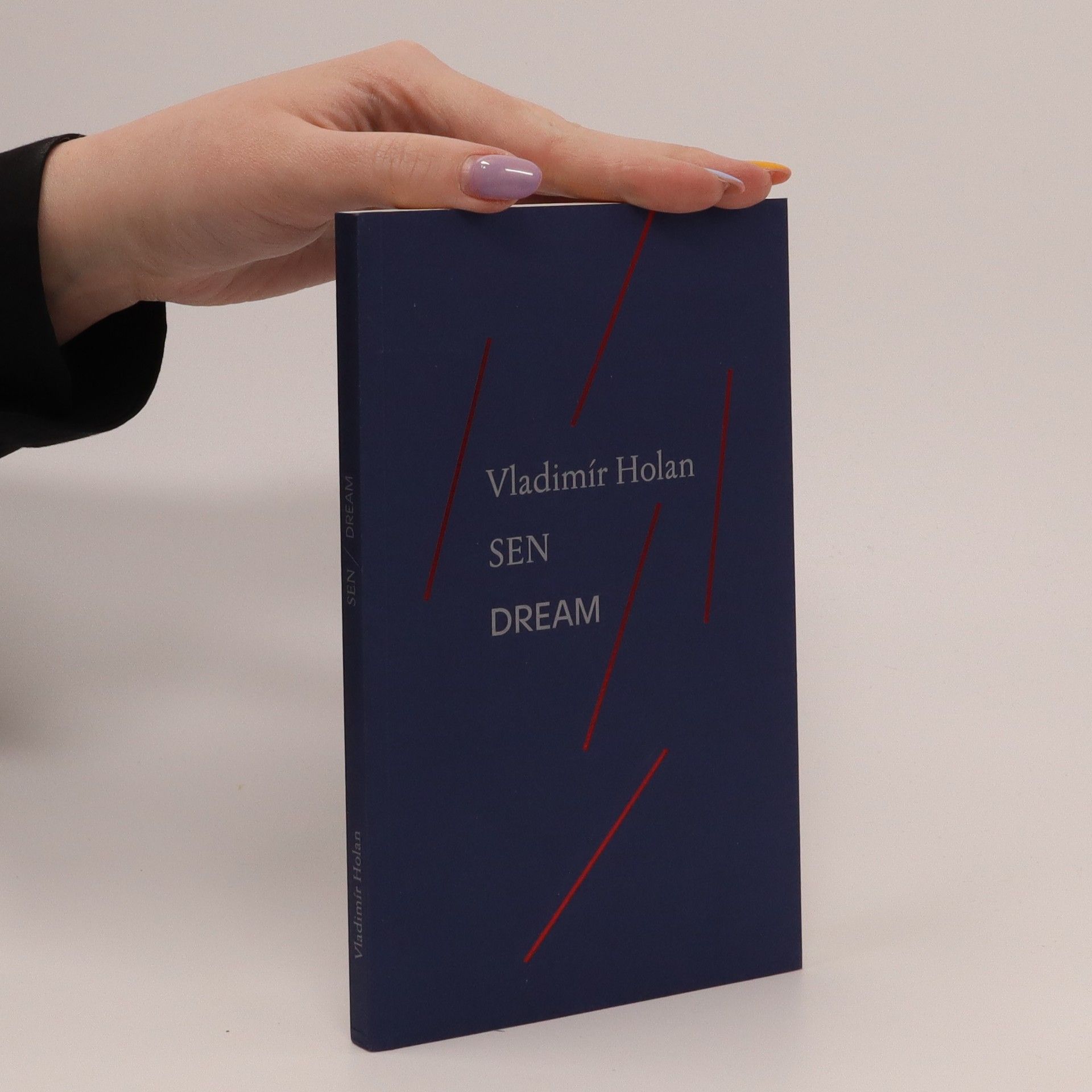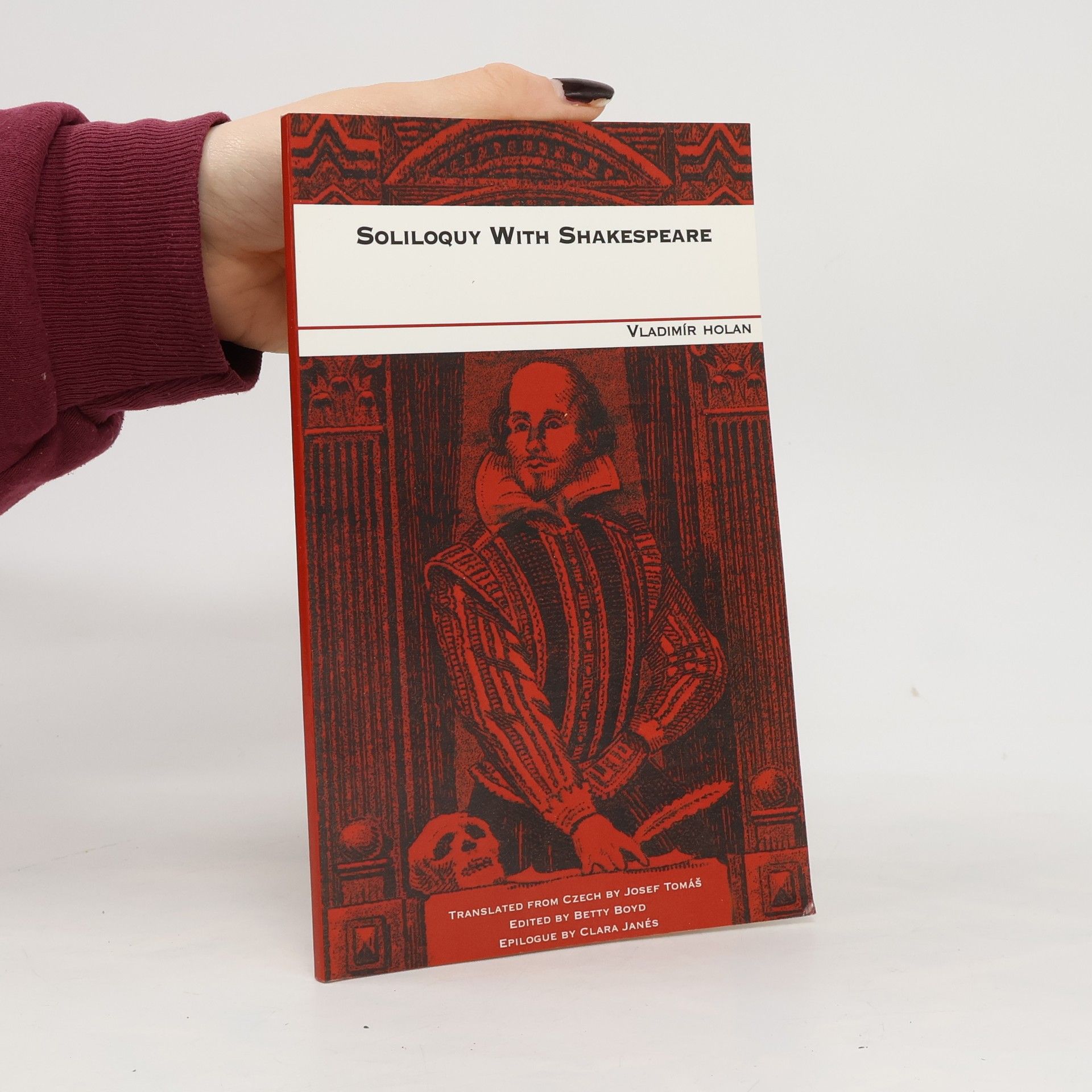Vladimír Holan Libros
Vladimír Holan se erige como uno de los primeros poetas de su nación, reconocido por un lenguaje oscuro y temas pesimistas que impregnaban sus versos. A pesar de su carrera como funcionario, la poesía de Holan reflejaba profundas convicciones personales. En su obra posterior, evolucionó hacia poemas más largos que fusionaban la lírica abstracta con la realidad. Su distintiva voz literaria ofrece una perspectiva única sobre la condición humana y los estados internos.






Una noche con Hamlet - Toscana
- 224 páginas
- 8 horas de lectura
Cinco Poetas Checos
- 272 páginas
- 10 horas de lectura
Cinco poetas checos reúne cinco voces fundamentales de la Checoslovaquia del siglo las multifacéticas de Vitezslav Nezval (1900-1958) y Jaroslav Seifert (1901-1986), las de estro dramático de Frantisek Halas (1901-1949) y Vladimír Holan (1905-1980), y, finalmente, la de Jirí Orten (1919-1941), el poeta existencialista de origen judío que murió trágica-mente a los veintidós años. La antóloga y traductora, Clara Janés, completa su labor con un extenso prólogo en el que aborda una generación de poetas que creyeron en la revolución en el arte, la vida y la política —los principios defendidos por el grupo literario Devetsil, al que pertenecieron Seifert y Nezval— y se sumaron —a través del Poetismo, «el arte de la vida, el arte de vivir y gozar... el arte de perder el tiempo»— al surrealismo y a dadá, pero a quienes la dramática evolución de los acontecimientos (subida al poder de Hitler y la consiguiente ocupación de Checoslovaquia por los nazis, seguida de la implantación, al concluir la guerra, de un régimen comunista) enfrentó con un destino personal, a veces trágico.
The First Testament
- 116 páginas
- 5 horas de lectura
Vladimir Holan, a significant yet underrecognized poet, emerged from the tumultuous backdrop of early 20th-century Prague. His powerful and vivid poetry captures the despair and complexity of his era, resonating with contemporary global anxieties surrounding terrorism and conflict. This collection features two apocalyptic poems that reflect his profound insights into human suffering and turmoil, offering a poignant commentary that remains relevant today.
Básnická skladba Sen z roku 1939 napsaná Vladimírem Holanem umělecky popisuje ponurou vizi temnoty a hrůzy zaživa pohřbeného města (nacisty okupované Prahy). Je jedním z mála děl světového básnictví, o nichž se dá se vší vážností a úctou mluvit jako o angažované poezii. Myslíme tím poezii, která nekomentuje dějiny, ale je svébytným aktérem dějin a zároveň jejich soudcem. „Poezie by měla být osvobozující“, píše Holan v jednom v prozaickém textu. „Pro mne je poezie univerzum, pramen všeho umění. Jde o metaforické myšlení. Priorita myšlenky a citu si žádá stavebnost. Poezie nesnáší lacinou služebnost chvíle, je jí cizí vulgarizace. Jde o pevnostní hlídku“. Skladbu Sen věnoval Holan památce ruského básníka, tvůrce „zaumu“ („řeč za hranicemi rozumu“), filologovi a matematikovi Velemíru Chlebnikovovi (1885–1922). Můžeme brát toto věnování jako výraz Holanova vnitřního příbuzenství s básníkem, kterého ani v krutých letech ruské revoluce neopouštěla vášeň pro experimentátorskou tvorbu, přerůstající v osobité angažmá v zmatených dějinách.
Soliloquy with Shakespeare
- 72 páginas
- 3 horas de lectura
Vladimir Holan esteemed Shakespeare as the greatest poet of all time and wrote this soliloquy as a dignified tribute to the genius of the Bard of Avon. As in all Holan's writings, love, sex, religion, fear and death form the constant thematic make-up of this soliloquy. His clever allegory, which he often repeats, as if to reinforce its impact, and the prolific use of the double entendr and Shakespearean-style impertinence are absolutely fascinating. A Night with Hamlet is Holan at his best - "chatting" away to Hamlet. Then, after a long verse about fear, he introduces the conversation between Orpheus and Eurydice, when Eurydice - contrary to Greek mythology - is allowed to join Orpheus, as if some hope for life and love still remained. Alas, not for long, because the Stygian soliloquy soon returns. Holan refers to A Night with Ophelia as a "fragment," which makes us wonder whether he ever intended to finish this work, or whether he always wanted it to be just that - a fragment. We shall never know.
English, Czech (translation)



